Change in Kubutambahan, North Bali
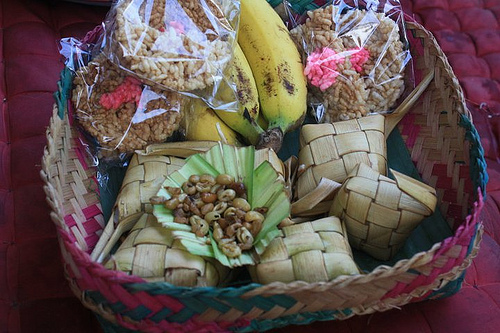
Today’s article is written for the Reach To Teach Teach Abroad Blog Carnival, a monthly series that focuses on providing helpful tips and advice to ESL teachers around the globe. The host for this month is ‘internationally in debt‘, here you can find other similar articles. I’ll be posting a new ESL related article to this blog on the 5th of every month. Check back for more articles, and if you’d like to contribute to next month’s Blog Carnival, please get in touch with me at dean@reachtoteachrecruiting.com, and I’ll let you know how you can start participating!
Last months edition: How Can Living Abroad Make You A Better Person?
Next months blog topic: What you’ve learned in the ESL classroom.
I used to live in Bali. I haven’t met many people on my travels that can say that they used to live there. Many pass through and stay a little while, but living there is different. Bali’s natural beauty blends with destructive forces of tourism. It’s an island of constant contrast.
This is loudly evident if you decide to stay in Kuta, Bali’s hottest tourist town. Filled with drunken foreigners, scooter taxis that pester constantly, and street sellers with a serious eye for tourists and trade, Kuta can be overwhelmingly annoying. You may guess from the tone of this that I didn’t enjoy Kuta a great deal. There are fun things to see and do in Kuta, but it’s evident upon arrival that the tourism industry has rotted something that was once so beautiful.
When I had the opportunity to get out of Kutu, though, my sour look on Bali’s tourism industry shifted. Our taxi driver Mowgli (who took us to and from work every day) offered to take us to the north of the island to Kubutambahan to stay in his village and experience a more traditional Bali. Needless to say, I jumped at the chance. This is a story about change. It isn’t a sad story, or a particularly happy one; it’s a story of growth and revelation.
We took the long drive up with Mowgli and his friend Gapeng with only a few rest stops at roadsides littered with monkeys. As we got nearer the village we stopped at a roadside so that Mowgli could buy one of the biggest fish I’ve ever seen. Dead fish in tow we entered the village by car; there were no neon lights, no drunk tourists vomiting on themselves at the roadsides, and nobody trying to sell me anything. There was just a series of very humble stone block huts lining a number of dirt pathways and grazing areas. This is the Bali I had come to see. I started smiling, a lot.
As we drove down the road towards Mowgli’s place, our car had a trail of young smiling faces chasing it. They scattered as we got out of the car, only to return to shout a single word in bahasa and run away again. Mowgli just told us they were shy, and I could see they were curious.
We entered Mowgli’s place, which had a small outdoor area where we met his grandmother. A woman of few words, Mowgli’s grandmother is respected by her grandson and she appreciated having us there. Mowgli quickly got started on the fish. Before I could ask what fish it was, it had been washed, gutted, and was being roasted on a fire he had made in a matter of seconds.
This is where the change comes in. As we sat there in Mowgli and his grandmothers’ outdoor area, more and more people from the village came to join us, each bringing something for us, mainly food. At first I couldn’t get my head around what was happening. If you look at this from a perspective of belongings and finance, we were richer in the sense that we had more ‘things’, and yet here they were giving to us. Surely it should have been the other way around, right? But that’s what I came to realize. They were far richer than we were.
After much reflection on this event I came to realize that the value we place on belongings in the west is grossly superficial with absolutely no meaning. We enjoy something for a matter of minutes, hours, days, or even months but then the next new thing comes along and you have already forgotten about whatever it was you had before. These villagers are happy, so happy with what they have, and what they have is enough for them. I learnt not to place such a heavy amount of emotional attachment onto objects which really only give me a fleeting amount of joy.
This was just the beginning of my trip, we stayed for the whole weekend. The next day Mowgli was kind enough to take us harpooning for fish in the crystal clear water, we snorkeled, dived, took the boat to the beach and built a fire where we cooked and ate our fish, one of which was blowfish. Now, I’m not sure if it’s true or if I just remember this from The Simpsons, but I’m sure blowfish can be deathly poisonous, either I was very lucky or The Simpsons lied, anyway, I digress.
We went to a natural swimming pool formed from the fresh water streaming down from the mountains. We drank young coconuts that Gapeng picked from a tree and ate fresh fish.
Total paradise.
This easy living went on throughout the weekend and I was truly sad to leave this little paradise. But all good things must come to an end, and I knew at least that I was leaving slightly changed and for the better.
We left the village and drove towards the next one where we seem to have been interrupting a celebration of some kind, everybody was wearing their nice clothes and smiling and laughing and walking down the road we were on in true procession style to music being played by members of the group.
I asked Mowgli what the celebration was and his response was ‘this is a funeral’. Now I come from the western style funeral which is pretty much the exact opposite to what I was witnessing. At home people are sad, it isn’t usually a happy event and people grieve and think about what they have lost.
But there people celebrate the life that this person has had, they celebrate the great things this person has done and they are happy that they have lived their life. This is another juncture in which I sprouted the buds of change. It made me reevaluate my understanding of some the broad questions and the big changes we face in life. What happens when we die? Is the end the very end?
Before this event I would have said I was an atheist, as this was the closest ‘label’ out there to what I believe. This funeral really got me thinking about my beliefs, and although I do not believe in God or a higher power I do believe in energy, I suppose you might call it spirituality. The celebrations I saw were celebrating this energy, it wasn’t an end it was a continuation.
This was a huge comfort to me when I experienced my first ever death in my family whilst here in Taiwan away from all of my family members, just 2 weeks in to my time here my grandfather died. I was instantly transported back to those happy faces I saw on the roadside and was comforted as I could feel my grandfathers energy, he will never be gone entirely, just his energy container that we call a body, and I chose to celebrate his achievements in Balinese style, of which there are many, instead of being sad and full of grief.
It is these two things that I have taken away from my weekend in Kumbutambahan, they have impacted my life so much in such a positive way, something that would never have happened to me had I just stayed in England, I would still be attached to belongings and crying at funerals, which sounds like an odd thing to say, but I’m happy I can say it.
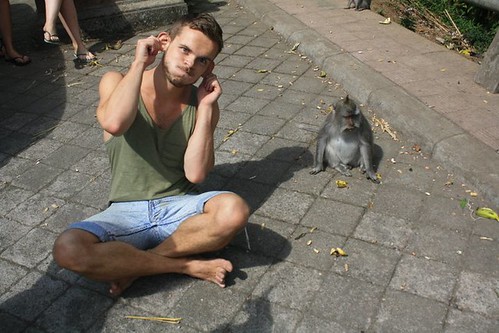
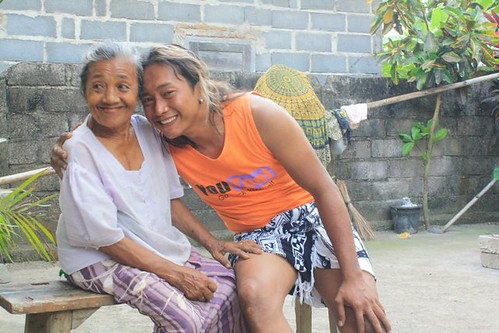
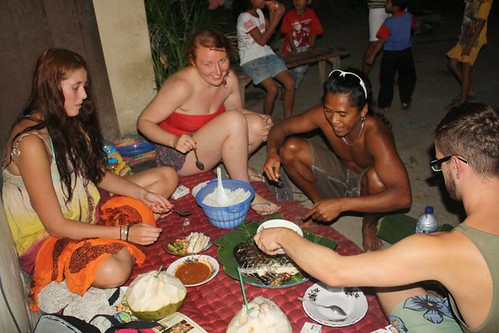
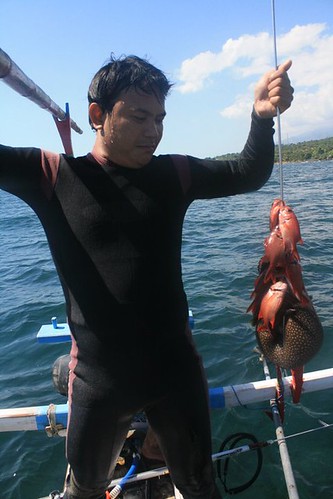
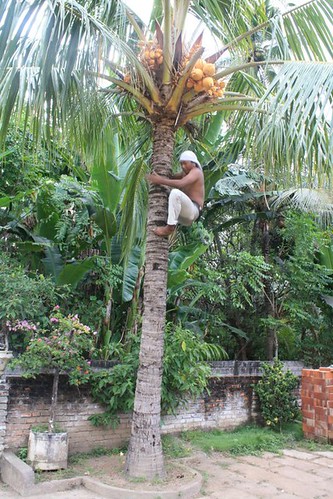


2 Responses
[…] Read the Reach To Teach entry, ‘Change In Kubutambahan, North Bali’. […]
[…] Dean Barnes – Change in Kubutambahan, North Bali […]